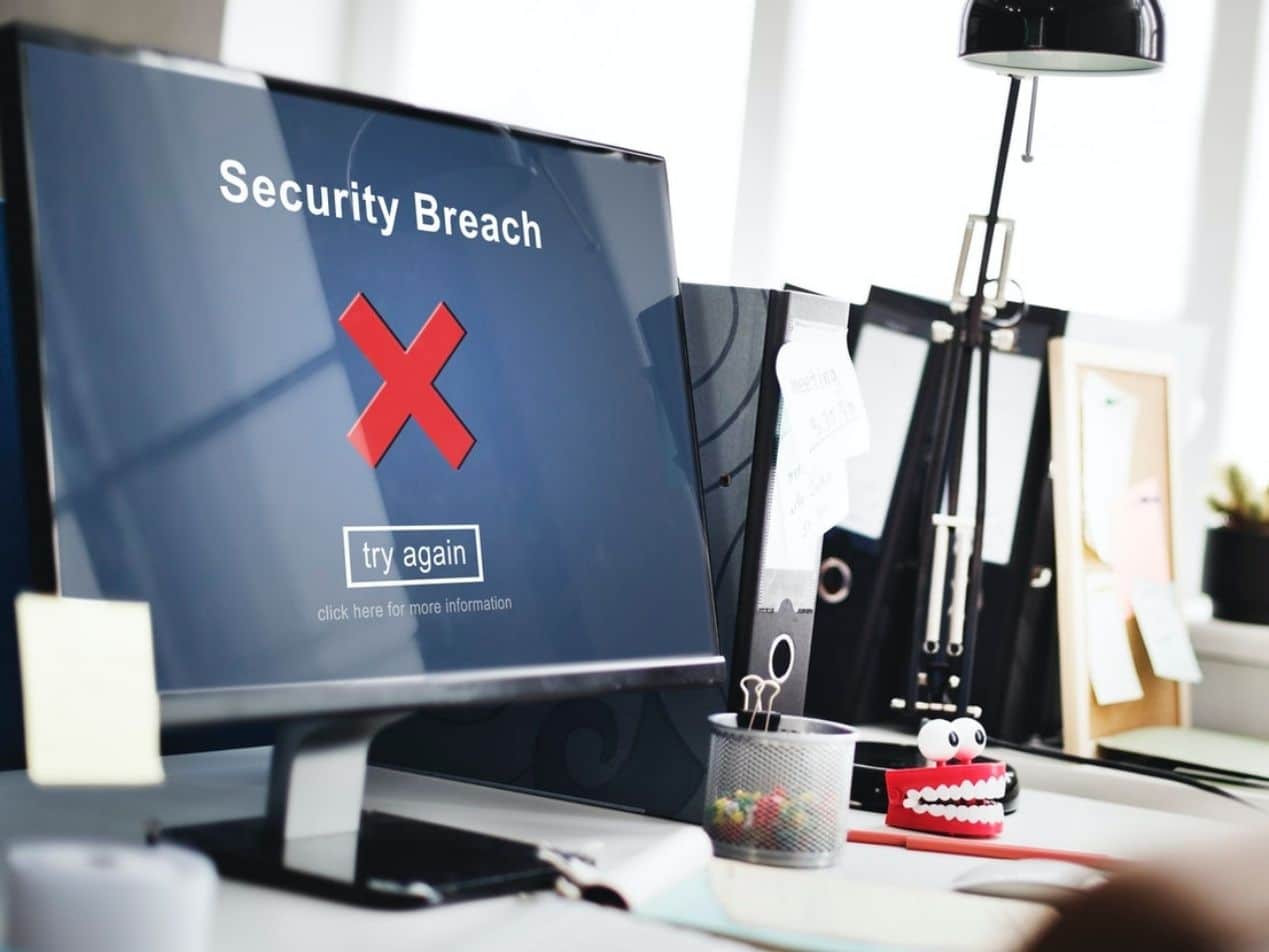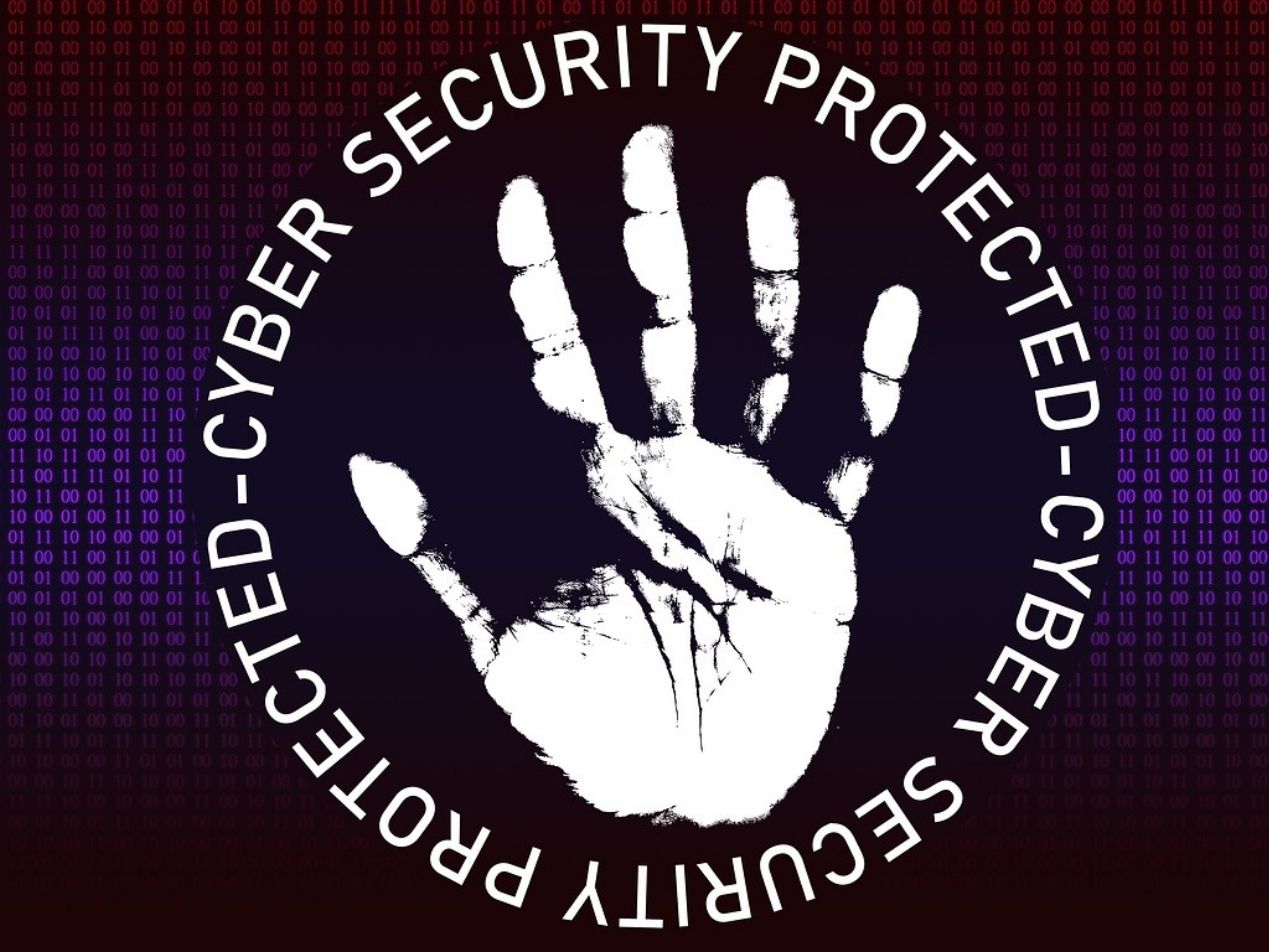

The bring your own device (BYOD) practice in healthcare and other markets has snowballed in recent years. Healthcare administrators have noticed improved productivity, efficiency, and workflow when medical staff uses personal devices to connect to the main network and access medical data. But this convenience comes at a cost. Providers don’t exercise control over employees’ personal devices, meaning they can’t always enforce top-quality security. As many as 30% of organizations don’t use anti- malware software protection for BYOD. Personal devices from employees can easily contain sensitive data like protected health information (PHI). Without any safeguards, BYOD can quickly develop into healthcare’s most prominent security problem. And this was before COVID-19 drastically changed the workforce.
How has the pandemic affected BYOD?
More than ever, employees are working remotely. This has opened up a whole new world of security risks. Some examples include:- Employees using devices and networks that aren’t necessarily secure enough for your organization’s standards.
- Your IT updated your system to accommodate remote employees’ growth but left behind security risks that cybercriminals can exploit.
- Employees have no training in email phishing attacks which leaves the organization vulnerable to hackers.
SEE MORE: Cybersecurity Challenges of Remote Working Cybercriminals are taking advantage of the vulnerabilities the pandemic has created. In fact, there was a 50% increase in the daily average of ransomware attacks in Q3 2020 compared to the first half of the year. That adds up to a new ransomware attack every 10 seconds. And the attacks are especially prevalent in the healthcare industry. In recent months, some providers have had to shut down IT systems due to successful hacks—one provider had to shut off its network for weeks . Another ransomware incident in Germany was tied to a patient’s death . There is no indication that BYOD was the source of these attacks, but it does speak to the intense effort that hackers are taking to get into your security system. It’s vital not to leave a vulnerability open for them to use against you. SEE MORE: INTERPOL Warns of Increased Attacks on Hospitals
How does BYOD affect healthcare security?
Remote employees bring unique challenges to securing your network because they may rely on their personal technology rather than work-configured devices. If they don’t have anti-malware software, or if it’s out-of-date, you leave open a security risk to your organization’s data. A successful email attack is all it would take for ransomware to move from someone’s personal device into your organization’s entire security network if it is not appropriately protected. It’s far cheaper to ensure that all BYOD have updated anti-malware software than paying ransomware demands or spending money on recovery and cleanup efforts.How can you boost BYOD security?
Besides anti-malware software, you may also want to ensure that your remote employees use secured Wi-Fi, networks, and emails. This will bring maximum security to BYOD. In addition, Paubox Email Suite is an excellent solution to ensure all employees send HIPAA compliant email with default encryption. We always keep our technology up to date. In fact we recently upgraded our encryption to TLS 1.3, the latest and most secure version of TLS encryption. Our inbound security tools that come with our Plus or Premium plans will protect your inbox from spam, viruses , and other malicious attempts to get your data. Our security includes two-factor authentication that ensures the identity of users who access data stored in our Paubox account. The Paubox Email Suite Premium level also has email data loss prevention (DLP). This feature stops employees from sending sensitive information either maliciously or unintentionally to unauthorized people. Paubox can boost your BYOD security by making your email secure, regardless of which device the employee uses to access your inbox.Subscribe to Paubox Weekly
Every Friday we bring you the most important news from Paubox. Our aim is to make you smarter, faster.




